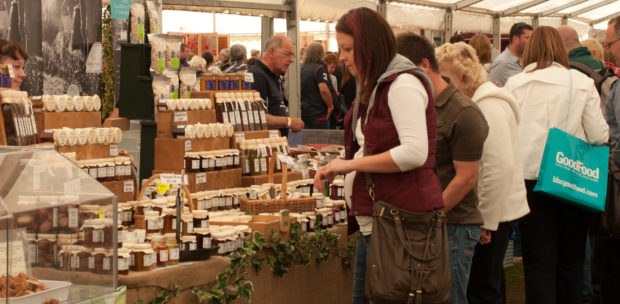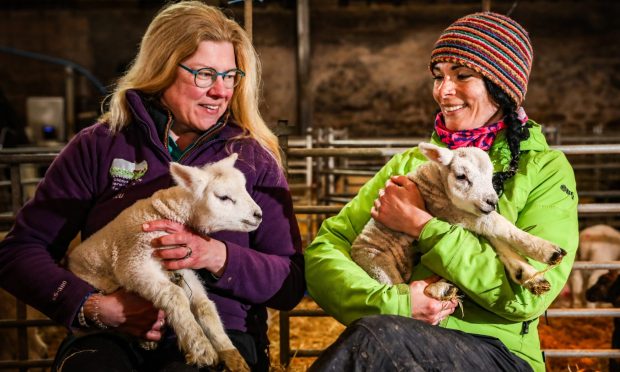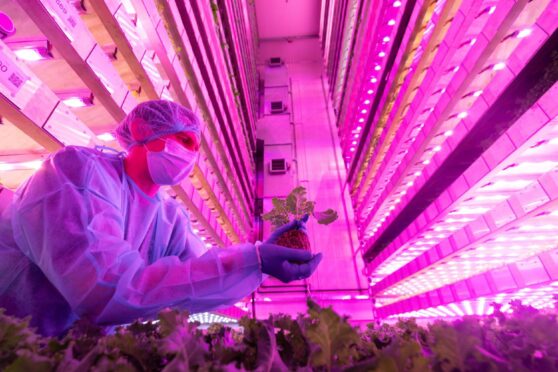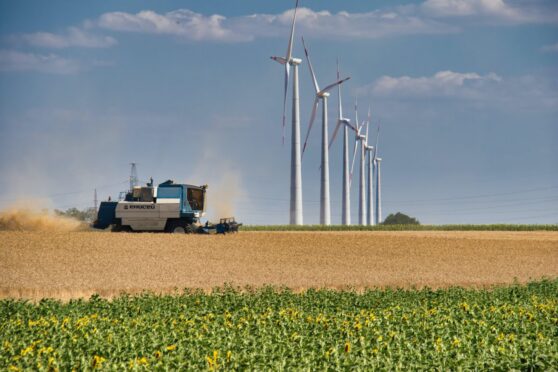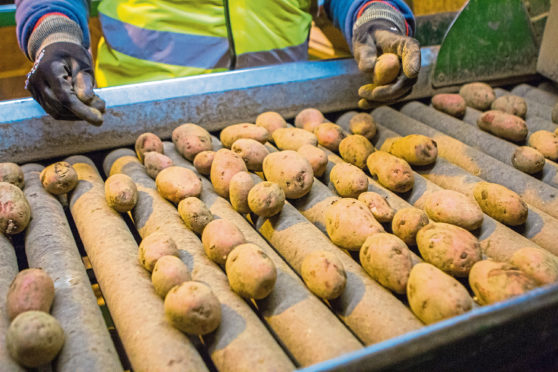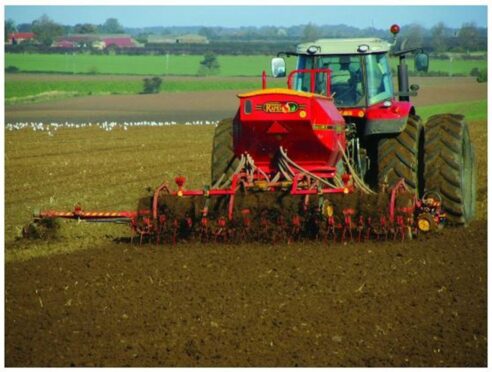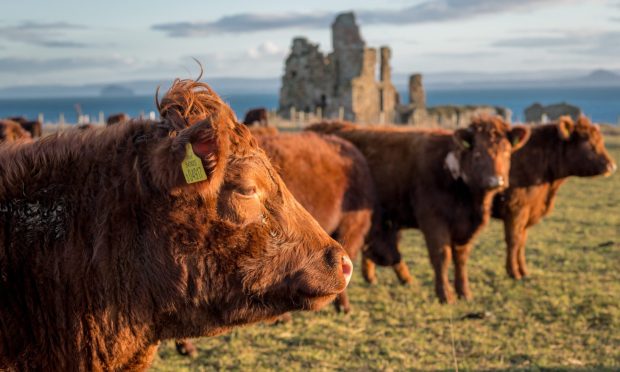In the week supermarkets rolled out contingency plans to counter panic food buying, and global trade felt the impact of coronavirus, we discovered a Treasury adviser thinks Britain doesn’t need farmers.
In a leaked email Tim Leunig, a colleague of Downing Street enforcer Dominic Cummings, claimed the UK’s food sector wasn’t “critically important” to the economy – an opportune proposition, perhaps, at a time when the government is fixated on securing trade deals with the United States and Europe.
A rumour also circulated this week that tax breaks on red diesel for agricultural use will be abolished in Tuesday’s budget, and while it’s too early to say for sure that won’t happen, the farmers’ union appears confident that those fears are unfounded.
And yet the very concept has undermined confidence in the industry’s understanding that support for food production is recognised as critical by the government.
Meanwhile, across the world fear and panic are changing consumer behaviours and attitudes.
People are staying at home, eating out less in restaurants, and stockpiling on basic ingredients. Access to unlimited quantities of food and drink is suddenly no longer being taken for granted and as global markets wobble, attention is rapidly turning to domestic supplies.
Already the impact can be seen: Scottish seafood and whisky exports to China appear to be slowing; in America fewer Chinese boats are arriving in ports, resulting in a build-up of agricultural and forestry produce; and the latest US grain price reports show a fall of around $6/tonne on the week, despite interest rates being cut in a bid to shield the economy from the impact of the epidemic.
The virus has barely touched us yet and the impacts are still minimal, but what will be the consequences for imports and exports if more time-consuming checks are deemed necessary at ports?
Coronavirus is an unwelcome but critical reminder that far from being unnecessary, farmers are more critical than ever in guaranteeing accessible, safe and nutritious food which is produced to the highest standards.
nnicolson@thecourier.co.uk
